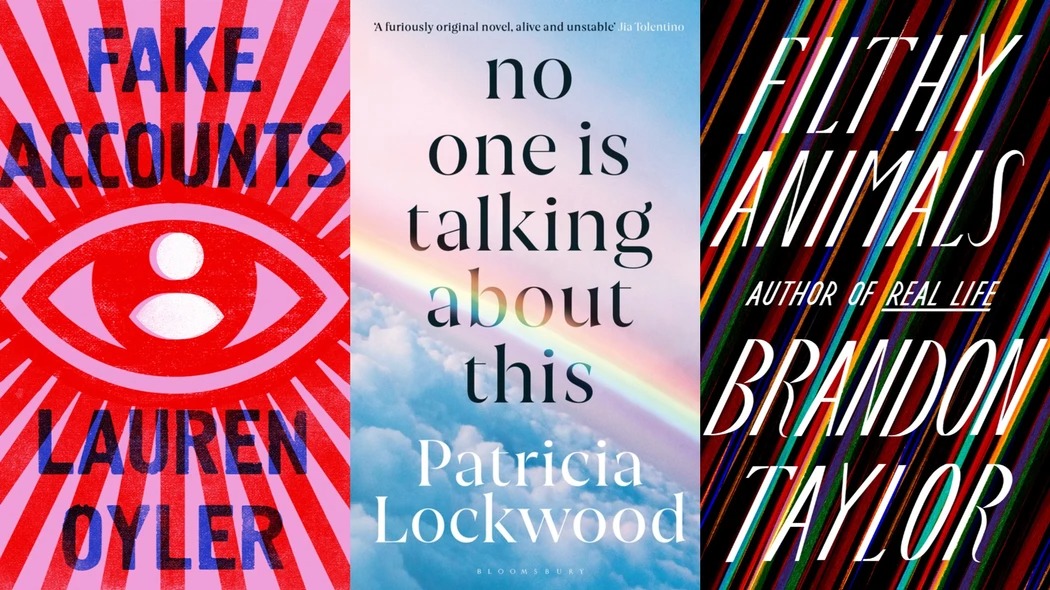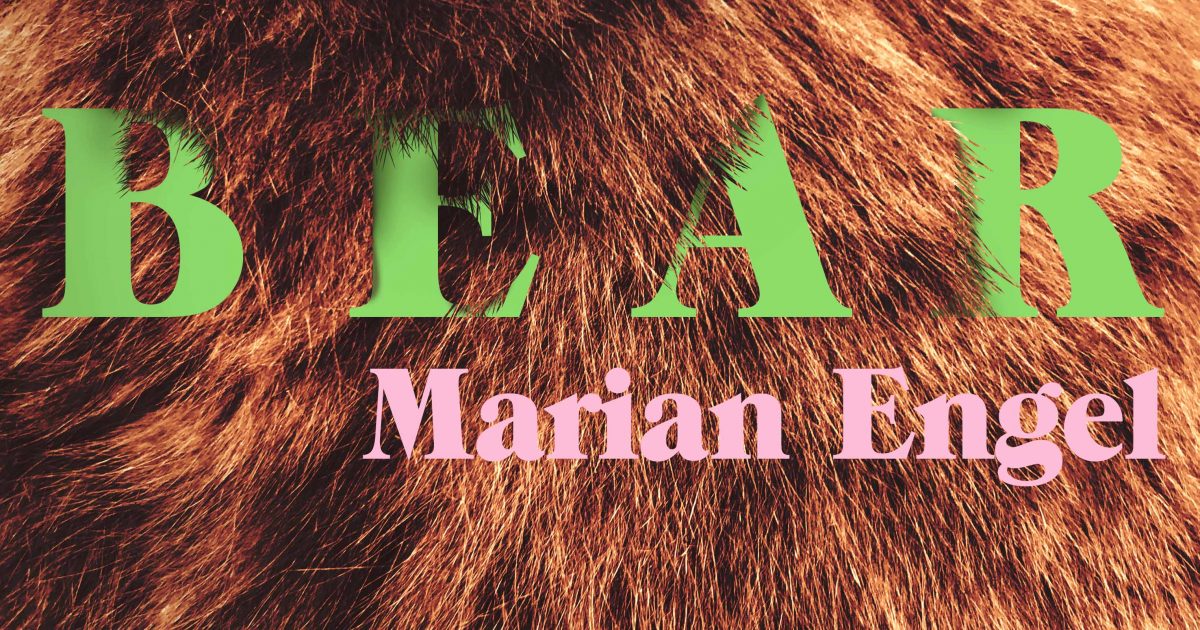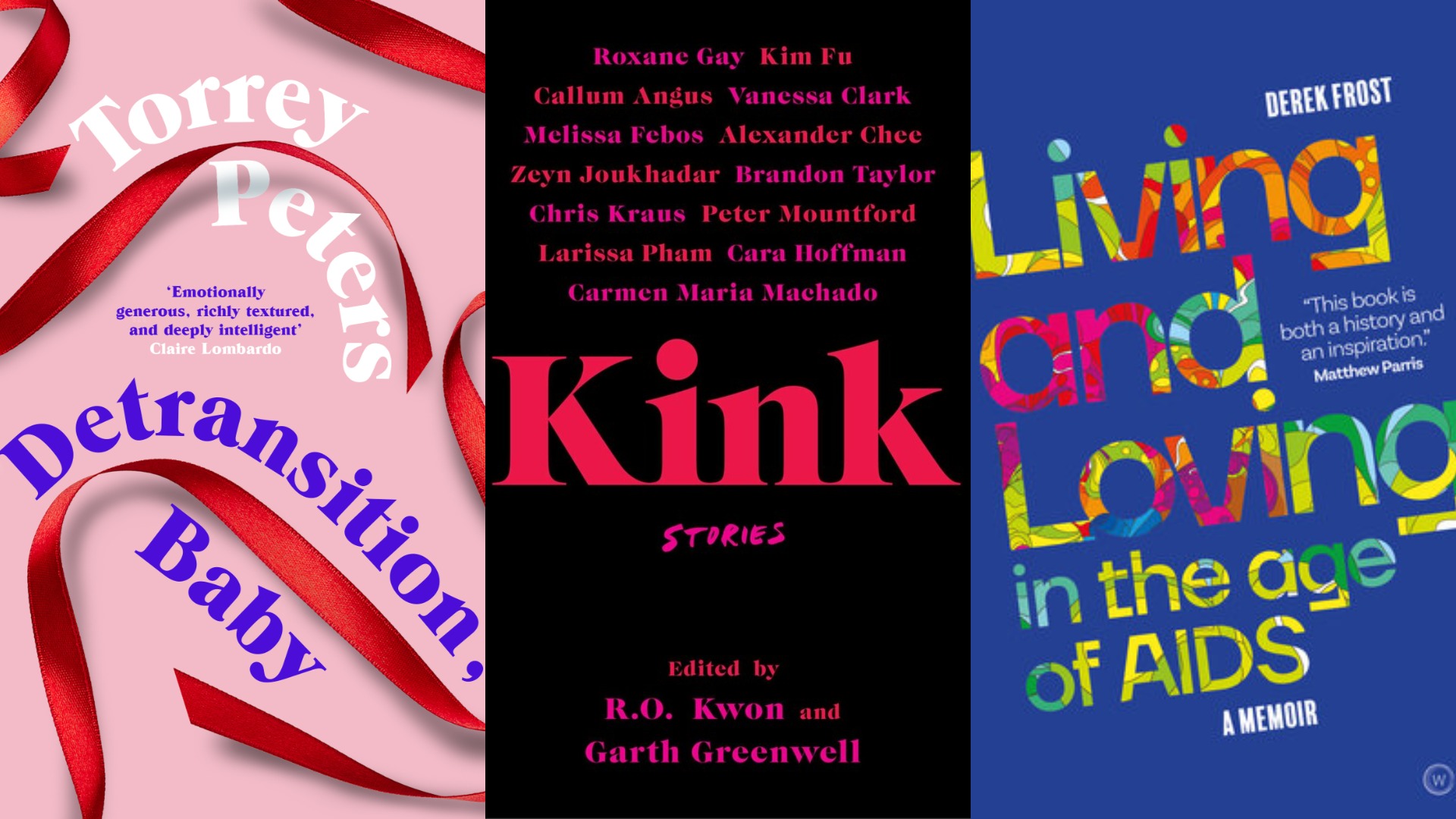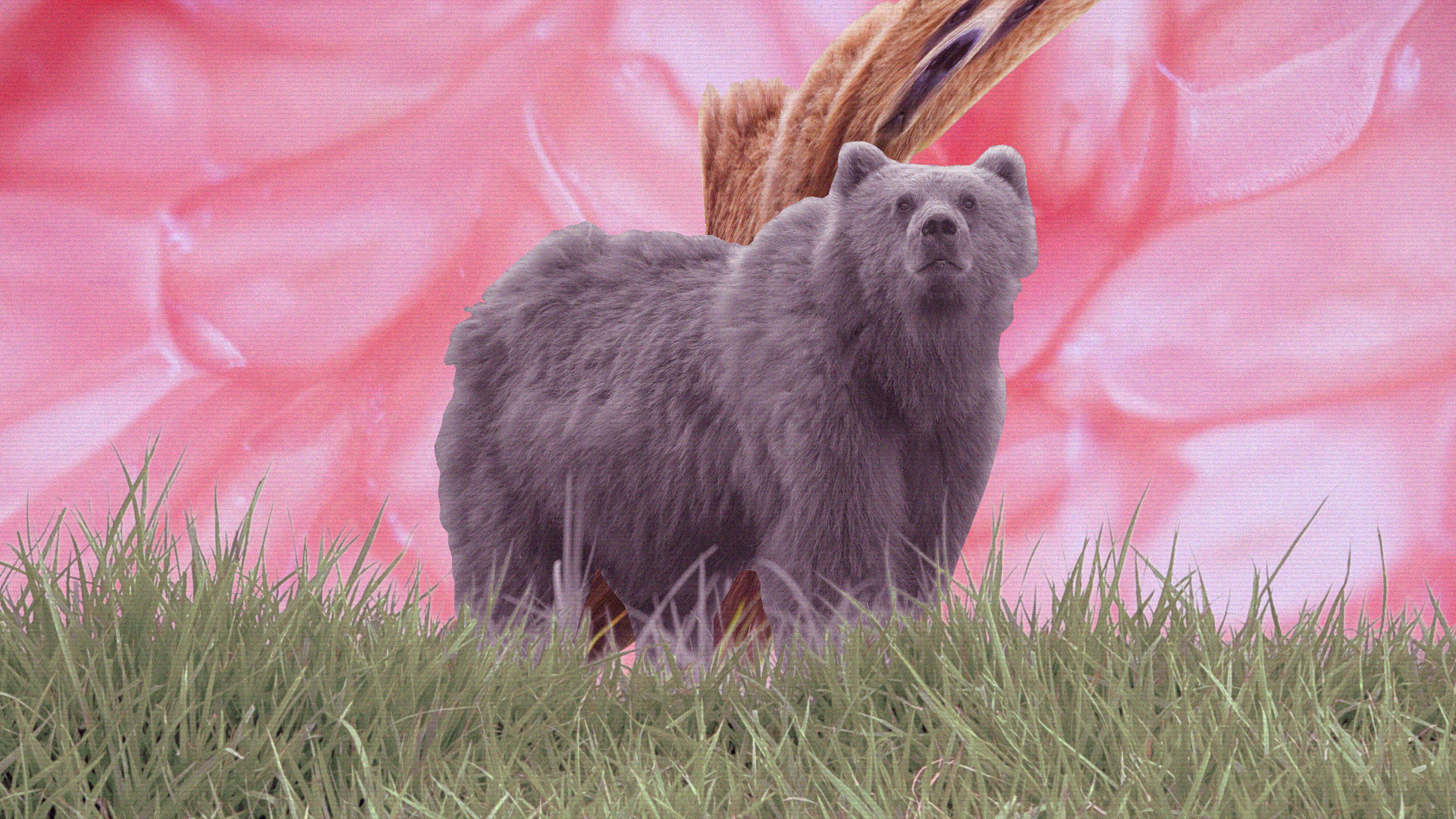Whether you like it or not, it’s looking like 2021 will be the year we all get back into reading. Of course, we’ve all developed the intellectual capacity to binge a Netflix series or watch movies, but such acts only kill a few hours. A book has the ability to take out whole days — even weeks! — of our time. And hell, do we have a lot of these godforsaken weeks ahead of us.
Being the fine purveyor of literature that I am, I have been tasked with casting my cold eye upon the year’s forthcoming releases. But instead of simply pondering what we will be reading in 2021, I decided it may be a lot more interesting to ponder what we will be reading about in 2021, and what that will say about the year to come. My preliminary results suggest: being Online, kinky shit, and a whole lot of queerness.
Has there become a ritual more terrifying lately than your phone’s weekly screen time report? What was surely meant to be a fairly innocuous collection of data has, since the pandemic began, become a searing indictment of our inability to put our fucking phones down. What do you mean I spent 37 hours on Twitter this week?!
Being Extremely Online is a disease we’ve all had to confront. Unsurprisingly, the concept will seep into our reading habits too.
Patricia Lockwood’s debut novel No One Is Talking About This (Bloomsbury, 16 February) follows a woman who becomes wildly famous after her weird tweets go viral. The novel sees her travel around the world, giving talks on what it’s like to be so Online, and meeting the fans who obsess over her Twitter. The structure of the novel is even purposefully reminiscent of Twitter, with Patricia relying on short, snappy vignettes to tell her story.

Around the same time we’ll have another novel about Online culture, Lauren Oyler’s Fake Accounts (Harper Collins, 4 February). Centred around a woman who discovers her boyfriend has been moonlighting as a popular online conspiracy theorist, Fake Accounts questions who we are in real life and who we pretend to be online. Both of these novels seem almost engineered to harbour discourse as they are some of the first fictional works to tackle the concept of digital existence and explore the depths of Weird Twitter (of which Patricia is the Poet Laureate). Prepare to feel very seen.
What you into? is the inevitable question, isn’t it? There is a sense that with the advent of apps like Grindr that kinks have become something that people just recite with indifference, as if they were chatting to their grandmother. Kinks need to become freaky again. I will not stand by this gentrification of supposedly sordid shagging practises.
Thankfully, 2021 looks like it has some pretty weird stuff in store. R.O. Kwon and Garth Greenwell have joined forces to give us Kink (Simon & Schuster, 9th February), an anthology of stories from such excellent writers as Alexander Chee, Roxane Gay, Brandon Taylor, Chris Kraus, and Carmen Maria Machado. Exploring kinks in all their joyous glory, the collection traverses “bondage, power-play, and submissive-dominant relationships” in what is sure to fill the hole Mary Gaitskill’s Bad Behaviour left in our hearts.

But if sadomasochism doesn’t float your boat, how about a book in which a woman shags a bear? Yes, Marian Engel’s cult 1976 novel Bear (Daunt Books Publishing, 30 April) is receiving its first ever print run in the UK this year. The story of a shy librarian who journeys to a remote island and becomes very friendly with a big grizzly beast has been hailed the most controversial novel ever written in Canada. Sure to be a topic of wild conversation upon its reissue, Engel’s Bear may be the weirdest book out this year. God bless it.
Queer and trans tales have been having their moment recently, with a queer novel winning last year’s Booker Prize (Douglas Stuart’s tough-going coming-of-ager Shuggie Bain) and the critical success of Andrea Lawlor’s gender-trip Paul Takes the Form of a Mortal Girl. So plentiful are these stories that whole new awards, such as the Polari Prize, have been set-up to celebrate them. We always knew that LGBTQ+ storytelling was lightyears ahead of the boring old cishettie stuff, but despite the fact that bookshops’ shelves must be bulging under the weight of all of this new queer fiction, the stories in these books are still predominantly told through a white, cisgender lens.
2021 promises to change that. Thank goodness for Brandon Taylor. Author of one of the best novels of last year, the Booker-shortlisted Real Life, Brandon returns this summer with a collection of interconnected short stories called Filthy Animals (Daunt Books Publishing, 24 June). Referred to by Brandon himself as his “very homosexual book of stories”, Filthy Animals is set among young creatives in the American Midwest and broaches themes of Blackness, sexuality, violence, and intimacy.

It has taken a long time for trans fiction to go mainstream, and by mainstream I mean picked up by a publishing house that wasn’t run entirely out of someone’s front room. Torrey Peters’ Detransition, Baby (Serpent’s Tail, out now) is therefore something of a landmark. Recently described in the Guardian as perhaps “the first great trans realist novel”, Peters’ book follows an unconventional family unit — one of whom is a man who has detransitioned — as they attempt to raise a newborn child. Already being championed by writers such as Shon Faye and Andrea Lawlor, Destransition, Baby is a comic and prodding take on transness and taboos.
It would be remiss of me to discuss the recent queer literary renaissance without making note of the anniversary year we are in. 2021 sees the 40th anniversary of the beginning of the AIDS epidemic. In 1981, the Centres for Disease Control and Prevention published a report that identified a new type of pneumonia which infected five previously healthy gay men. Two books, which take a look at AIDS on both sides of the Atlantic, offer unique perspectives from those who watched it devastate whole cities, and who helped break the stigma.
Derek Frost’s Living and Loving in the Age of AIDS (Watkins Publishing, 13 April) is the memoir of a man who lived a life many of us might envy. Being the partner of Jeremy Norton, he who founded Mayfair’s famed Embassy Club and the legendary London nightclub Heaven, Derek was truly at the forefront of, and helped sculpt, London’s gay scene. However, as the 1980s progressed, AIDS threatened to tear it apart. It’s a memoir that’s sure to be as glamorous as it is devastating.
If you’re wondering what your non-fiction tome will be for this year, then let it be Sarah Schulman’s 736-page work Let the Record Show: A Political History of ACT UP, New York, 1987-1993 (Farrar, Straus, and Giroux, 3 June). The book, compiled from over 200 interviews with those associated with ACT UP at the time, seeks to explore how a ragtag group of gay activists ended up spearheading one of the most successful and important political movements in recent history, and what lead to the organisation’s eventual fracture.
If these books prove anything, it’s that 2021 will be a year of newness. The way we view everything — be it people, society, culture, entertainment — has changed utterly in the last twelve months. I cannot think of a more fitting symbol of the rupture that coronavirus has caused in society than a woman having sex with a bear. Plath talked of “the zoo of the new”, which is a good way of describing our year to come. From the perils of digital life to a unique perspective on AIDs, from detransitioning to Blackness in the American Midwest, there is a shocking — and welcome — newness to the books coming out this year. Sally Rooney’s one will probably be alright too.
